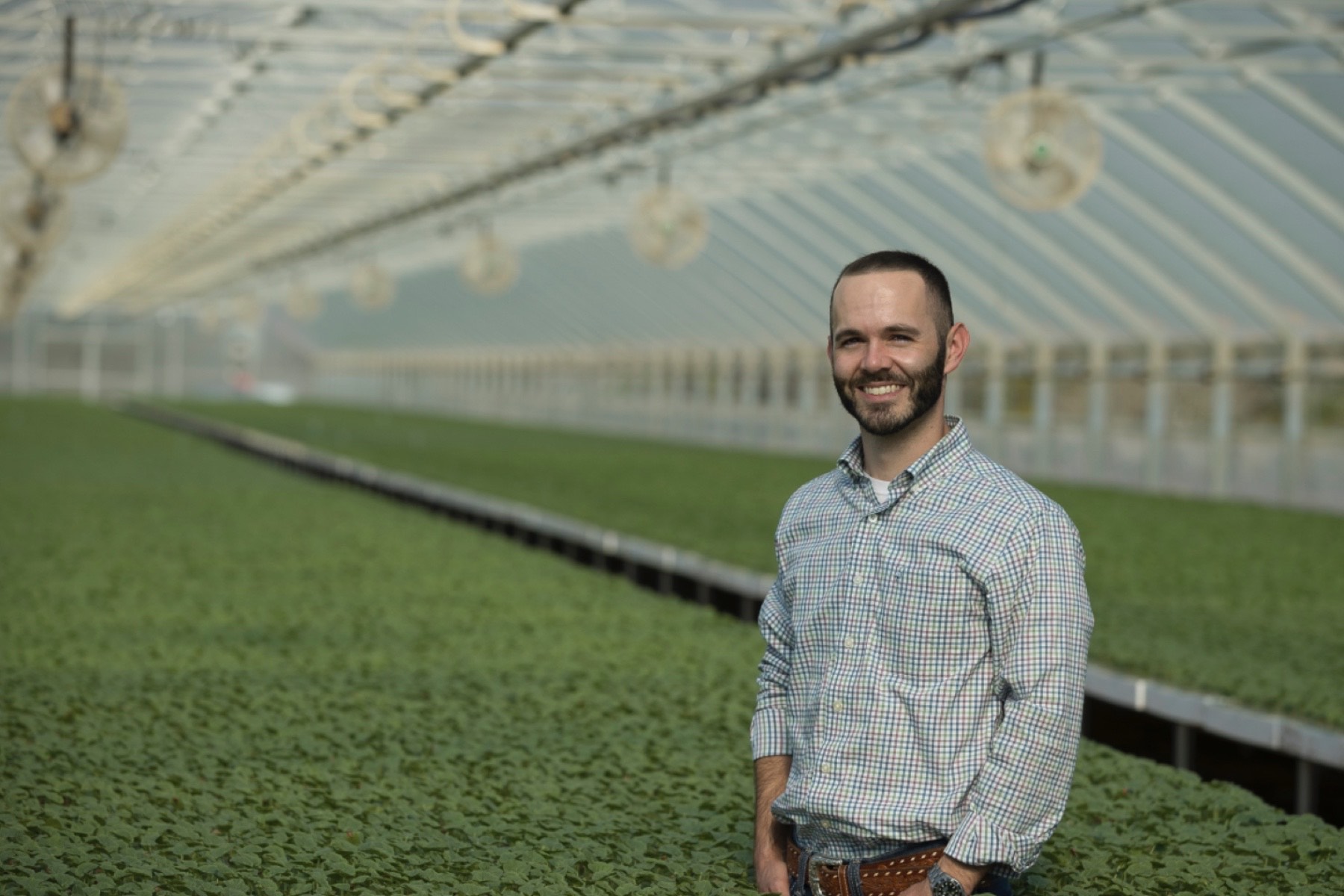“Thank you!”
That’s the first thing that comes to mind in response to the sheer amount of support I’ve been shown since announcing the start of Mind Your Melon just last week.
I will be the first to tell you…the Impostor Syndrome can be all too real, folks.
I’m just as guilty as the next person of getting in my own head and standing in my own way, now and then. And this mental health advocacy is no different. I have continuously debated, internally, whether or not I am the right person or right voice to tackle such a difficult subject.
But with how much it has continued to come up, I feel more and more convicted to participate. And the calls, messages, emails, likes, and shares I have received are a reminder that there’s a need. And I appreciate all of them.
One conversation from this past week, specifically, comes to mind and seems worth sharing.
An individual from a large corporation was introduced to me, unexpectedly. We connected and had a great conversation around what Mind Your Melon means and how it originated. We covered a variety of things – from agriculture to corporate culture to everyday stress. Eventually, we landed on “sustainability.”
For anyone following along in the news and business journals, you already know this is quite the buzz word. Everyone seems to be chasing sustainability – but who of us can really pinpoint what, exactly, it means?
Large companies are implementing sustainability protocols. Meanwhile, stock traders have been interested in Environmental, Sustainability, and Governance (ESG) portfolios. And the focusing is usually on things like carbon footprint, water usage, pollinator habitats, and various other topics.
While they pointed out the importance of all those things, this individual informed me they are also considering adding mental health to their sustainability initiative.
And I loved the concept.
Sustainability can be generically defined as the ability to maintain a process into perpetuity without compromising it. This person and their organization had also recognized the importance of keeping their employees and stakeholders “sustainable” by focusing on their mental health.
And our brainstorming began.
So I’d like to leave you with that thought. Take a moment to reflect on your own mental health and well-being. Are your current state of mind and mental hygiene practices what you would consider sustainable? If not, it might be time to think about your personal sustainability program.

